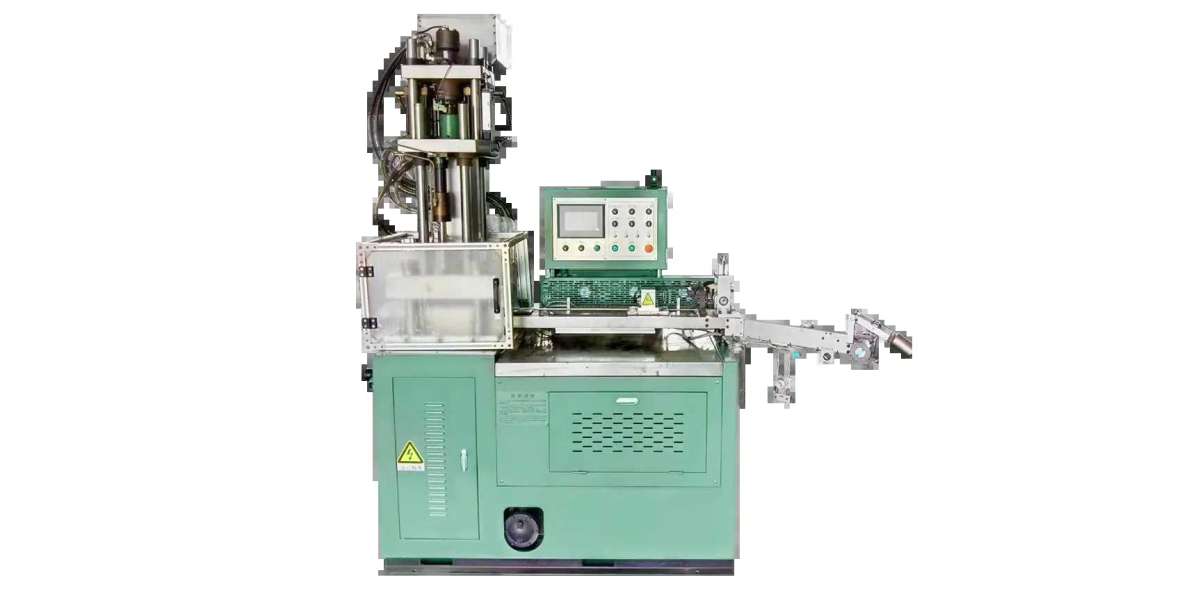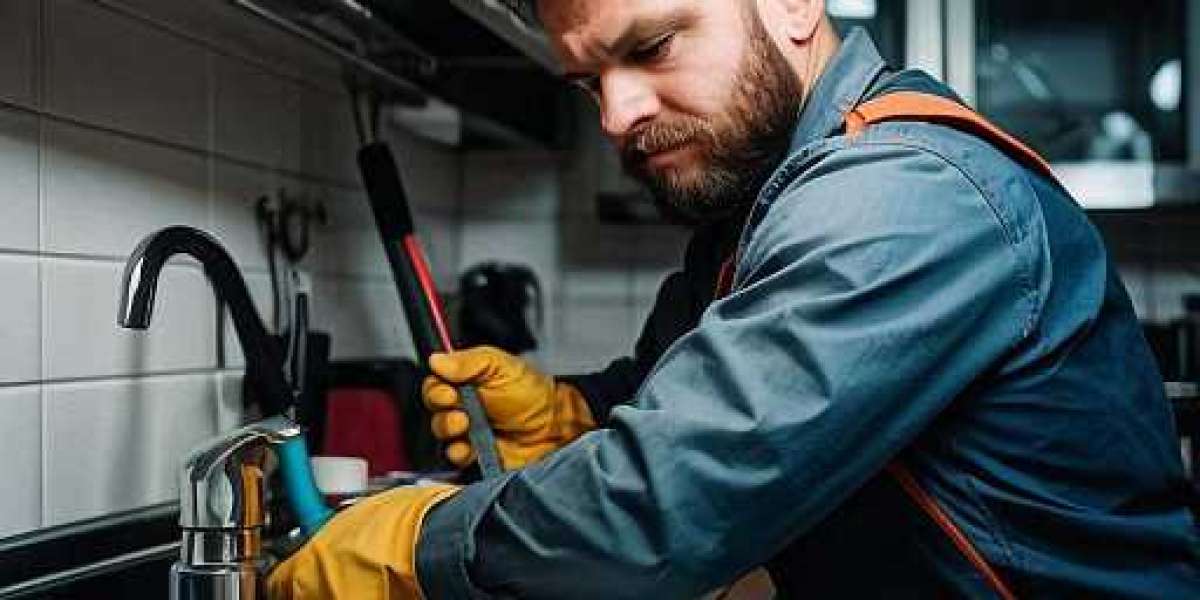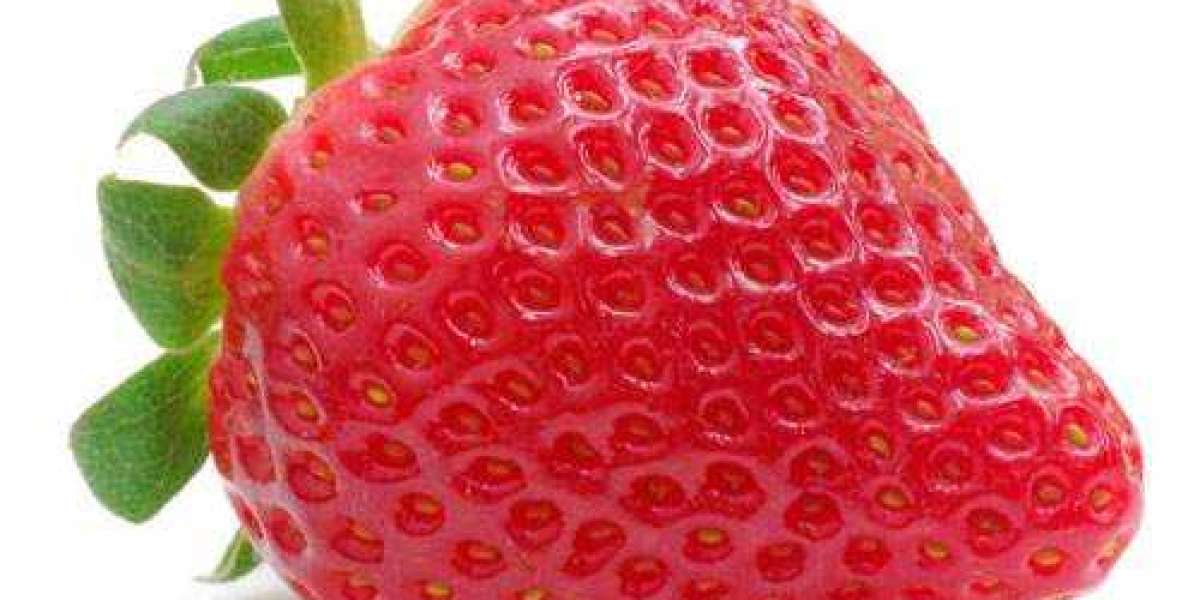In the textile and apparel industry, efficient production methods are essential to meet consumer demand and maintain quality standards. The Automatic Resin Zipper Machine, developed by Longhui, is a highly effective solution for manufacturers seeking to streamline the process of creating resin zippers. This advanced machine offers consistent, high-quality zipper production with reduced energy consumption and minimal manual intervention.
How the Automatic Resin Zipper Machine Works
The automatic resin zipper machine is designed to simplify and automate the zipper manufacturing process, ensuring each zipper meets precise standards. This machine consists of several core components:
- Resin Injection System: The resin injection system is responsible for injecting the resin into the die-casting mold. This step forms the teeth of the zipper, which is crucial for durability and function.
- Die-Casting Machine: Once the resin is injected, the die-casting machine molds the resin into the precise shape required for zipper teeth. This process ensures consistency in the zipper’s quality, making it suitable for various applications, from garments to bags.
- Zipper Assembly Line: After the teeth are formed, the zipper assembly line completes the product by adding any additional components, such as tapes or sliders, that are essential for a finished zipper.
This integrated approach helps manufacturers produce resin zippers efficiently, maintaining high output without compromising quality.
Key Advantages of Using an Automatic Resin Zipper Machine
The automatic resin zipper machine offers numerous benefits that make it an asset for manufacturers in the textile and apparel industry:
1. High Production Rate
One of the main advantages of the automatic resin zipper machine is its impressive production speed. With the ability to produce up to 960 zippers per hour, this machine is designed to handle large-scale production demands. This high production rate enables manufacturers to meet the needs of large orders in a shorter timeframe, which can be crucial for businesses handling high-demand products like clothing and accessories.
2. Low Energy Consumption
Energy efficiency is a significant concern in manufacturing, both for cost savings and environmental impact. Longhui’s automatic resin zipper machine has been engineered with energy efficiency in mind, consuming just 9KW of power. This reduced energy usage helps minimize operational costs over time, making it a sustainable option for long-term manufacturing.
3. Consistent Quality and Precision
The automation in the resin zipper machine reduces the potential for human error, ensuring that each zipper produced meets consistent standards. This precision is particularly important for manufacturers that prioritize uniformity in their products. With an automated system, manufacturers can trust that each zipper will be made to the same specifications, enhancing the overall quality and reliability of the final product.
4. Flexibility in Zipper Types and Sizes
An additional benefit of the automatic resin zipper machine is its ability to accommodate different zipper types and sizes. This versatility is ideal for manufacturers who need to produce various zipper styles to meet the demands of different product lines, such as clothing, luggage, and sporting goods. By programming the machine to adjust for different specifications, manufacturers can efficiently produce a diverse range of zippers without needing additional equipment.
Technical Specifications of the Resin Zipper Machine
For those interested in the technical aspects, here are the specifications of Longhui’s automatic resin zipper machine:
- Model: LH-123S
- Average Output: 960 pieces per hour
- Power: 9KW
- Voltage: 380V
- Frequency: 50/60Hz
- Net Weight: 1300kg
- Gross Weight: 1550kg
- Dimensions (LWH): 1.8m x 0.85m x 2.55m
These specifications highlight the machine’s compact size, which makes it suitable for different manufacturing setups, as well as its high output and energy-efficient design.
Applications of Resin Zippers
Resin zippers are popular across a wide range of products due to their durability and ease of use. Here are some common applications:
- Garments: Resin zippers are widely used in both casual and outdoor clothing, as they are lightweight and resistant to various environmental factors.
- Bags and Backpacks: The strength of resin zippers makes them suitable for bags, backpacks, and luggage, where durability is essential.
- Sports Equipment: From gym bags to sports jackets, resin zippers are commonly used in athletic equipment and apparel, providing flexibility and long-lasting performance.
An automatic resin zipper machine allows manufacturers to efficiently meet the production requirements for these items, maintaining consistent quality across different product lines.
Why Choose an Automatic Resin Zipper Machine?
Incorporating an automatic resin zipper machine into your production line can offer substantial benefits, from energy savings to high output and consistent quality. Its automated process reduces labor costs and ensures each zipper is manufactured to precise standards, ideal for businesses that require reliable, high-capacity production.
The machine’s adaptability to different zipper styles and sizes also provides manufacturers with flexibility, making it a valuable tool for companies catering to various industries. Whether you produce zippers for clothing, bags, or specialized equipment, this machine supports efficiency and quality, two critical factors in today’s competitive market.
For manufacturers looking to optimize their zipper production, the Automatic Resin Zipper Machine from Longhui offers an effective solution designed to streamline operations, improve product consistency, and save on energy costs.








